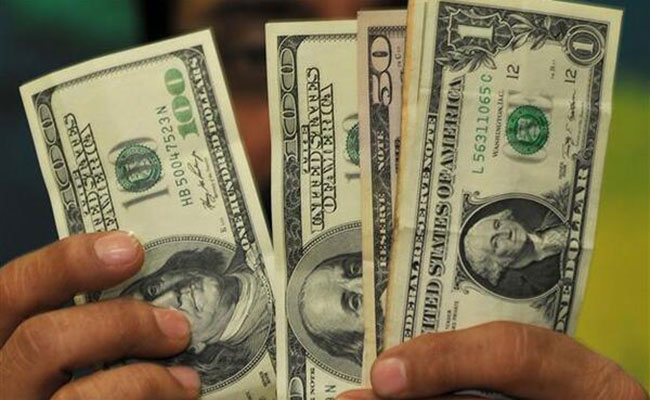Foreign reserves expand reaching US$ 4.5bn in February
In February, official foreign currency reserves inched up as the Central Bank maintained its efforts to shore up reserves by accumulating foreign currency from banks. This accumulation comes at a time when demand for foreign currency remains subdued compared to the ample supply from remittances, tourism, and robust exports.
Latest figures reveal that by the end of February, the Central Bank held US$ 4,517 million in official reserve assets, a modest increase from US$ 4,496 million reported in January.
With the absence of large-scale demand for foreign currency from the importers, and also the absence of substantial foreign currency, debt repayments have provided more wiggle room for the Central Bank to collect dollars from the market and rebuild its reserve buffer.
Despite the economy having set off on a path for recovery from the third quarter of last year, the still anemic imports reflect that the economy has still more room for normalisation.
The demand conditions are still subdued but there are signs of recovery.
For instance, the imports picked up by 6.2 percent in January to US$ 1,512 million led by both consumer and industrial goods and it expanded the trade deficit to US$ 541 million from US$ 445 million a year ago, in a forerunner for rising import demand in the period ahead.
The upcoming festive season could add further fuel for consumer imports while the construction industry is on a recovery path.
The declining lending rates could stoke further demand for imports as people demand credit to build houses, travel and consumption.
Despite all this, the Central Bank in January managed to continue to purchase US$ 245.3 million from the banking system, ending 2023 as a net purchaser of foreign currency by a lot.
Foreign debt repayments and when and by how much they will kick in will determine the path and the pace of reserve building in the period ahead.
President Ranil Wickremesinghe last week told parliament that they are expecting to seek a five-year moratorium from the foreign debt holders till 2027. If succeeded, this will provide adequate breathing space to rebuild reserves to levels the country has never seen before.

